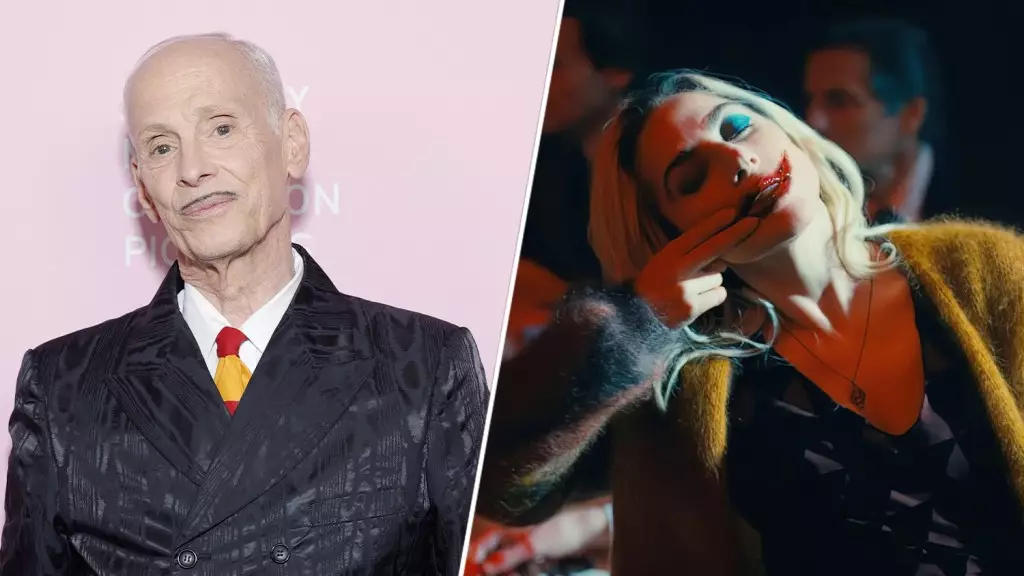John Waters is a name synonymous with audacity in the filmmaking world. As a celebrated cult director known for his provocative style, Waters often defies mainstream opinions. Most recently, he has come forward to defend the much-maligned sequel to the DC film **Joker: Folie à Deux**. While many critics panned the movie for its ambitious but seemingly erratic storytelling, Waters argues that it is “well-directed” and features a spellbinding performance by Lady Gaga. This defense not only highlights Waters’ fierce loyalty to creative expressions but also underscores his unapologetic enthusiasm for cinema that challenges expectations.
Waters’ comments exemplify how he embraces the unconventional, embodying a spirit that finds worth in films dismissed by mainstream reviewers. His sheer delight in what others may consider failures invites a re-evaluation of the qualities that make a film successful—especially in an industry often reliant on box office performance and critical acclaim. While **Joker: Folie à Deux** achieved moderate financial success, grossing around $206 million against a $190 million budget, its overall poor reception on platforms like Rotten Tomatoes, where it garnered a disappointing 32% score, does not deter Waters from declaring it a significant cinematic achievement.
Waters’ unabashed praise for Lady Gaga’s performance further infuses the film with a sense of value, emphasizing his belief in the importance of personal connection to the art. In his annual Top Ten list featured in Vulture, he notes that the film offers “finally, a love story I can relate to.” His description of **Joker: Folie à Deux** as “insane” while juxtaposing it with references to classic musicals speaks to his unique approach of blending eclectic influences, showing that he sees artistry where others see chaos.
The audacious nature of Waters’ comments is not limited to his evaluation of one film. His Top Ten list features an intriguing mix of titles, with the gruesome film noir **Love Lies Bleeding** at the top. By comparing it to a fantasy world that is both absurd yet profound, and giving it a whimsical description complete with quirky references, Waters highlights his general aesthetic—one that finds beauty in mystery and grotesqueness alike.
Additionally, the retrospective of Waters’ opinions sheds light on broader themes, such as the steadfast resistance against censorship in cinema and the celebration of queer narratives. His recommendation for Luca Guadagnino’s adaptation of William S. Burroughs’ **Queer**, alongside other unconventional picks, signals a longing for daring storytelling. Waters yearns for narratives that don’t shy away from exploring the boundaries of identity and sexuality, unearthing the radical roots of queer cinema.
Waters’ critiques provide a roadmap for aspiring filmmakers: daring to diverge from conventional wisdom is a pathway to creating significant art. It’s a clarion call urging filmmakers and audiences alike to embrace the unconventional, forefront stories that challenge norms, and celebrate the peculiar textures of human experience.
In an age where critics frequently sway public perception, Waters’ perspectives stand as a refreshing reminder that the appreciation of art lies in personal connection and genuine engagement. With his unapologetic stance, he urges us to celebrate creativity in all its forms, regardless of societal approval or disapproval, and shows us that the love of film, like love itself, can often be found in the most unexpected places.
